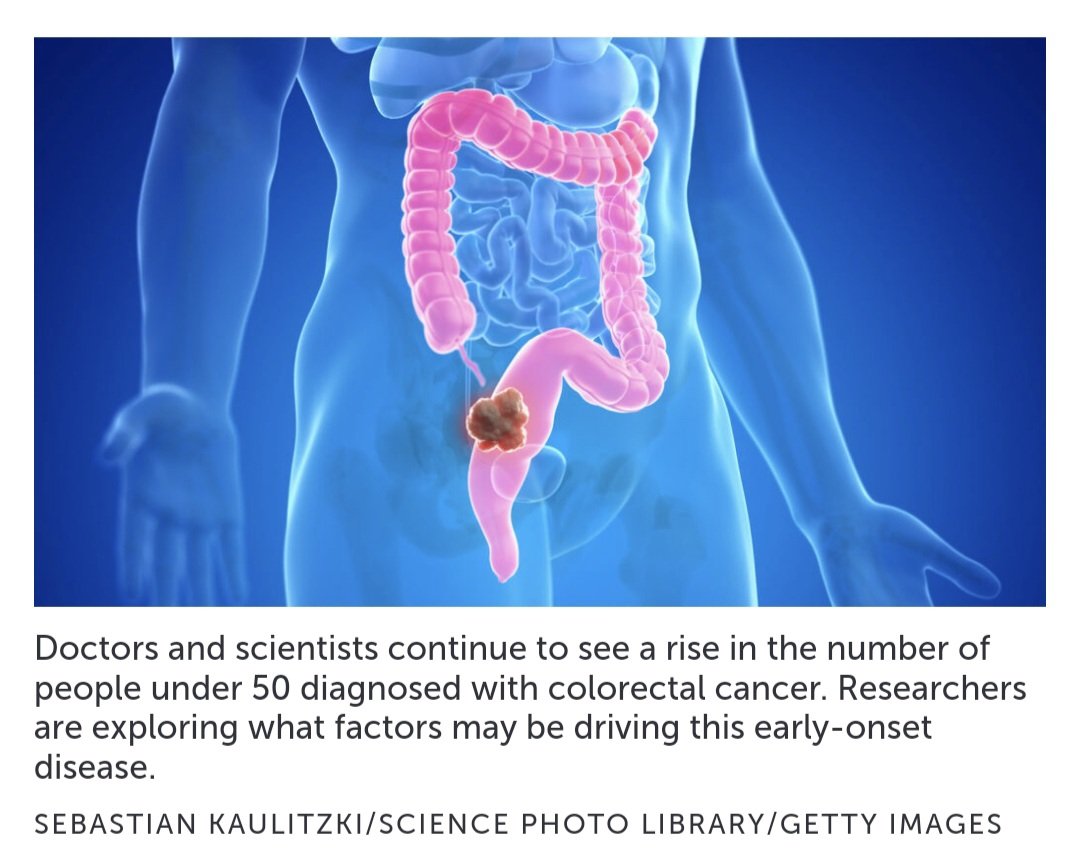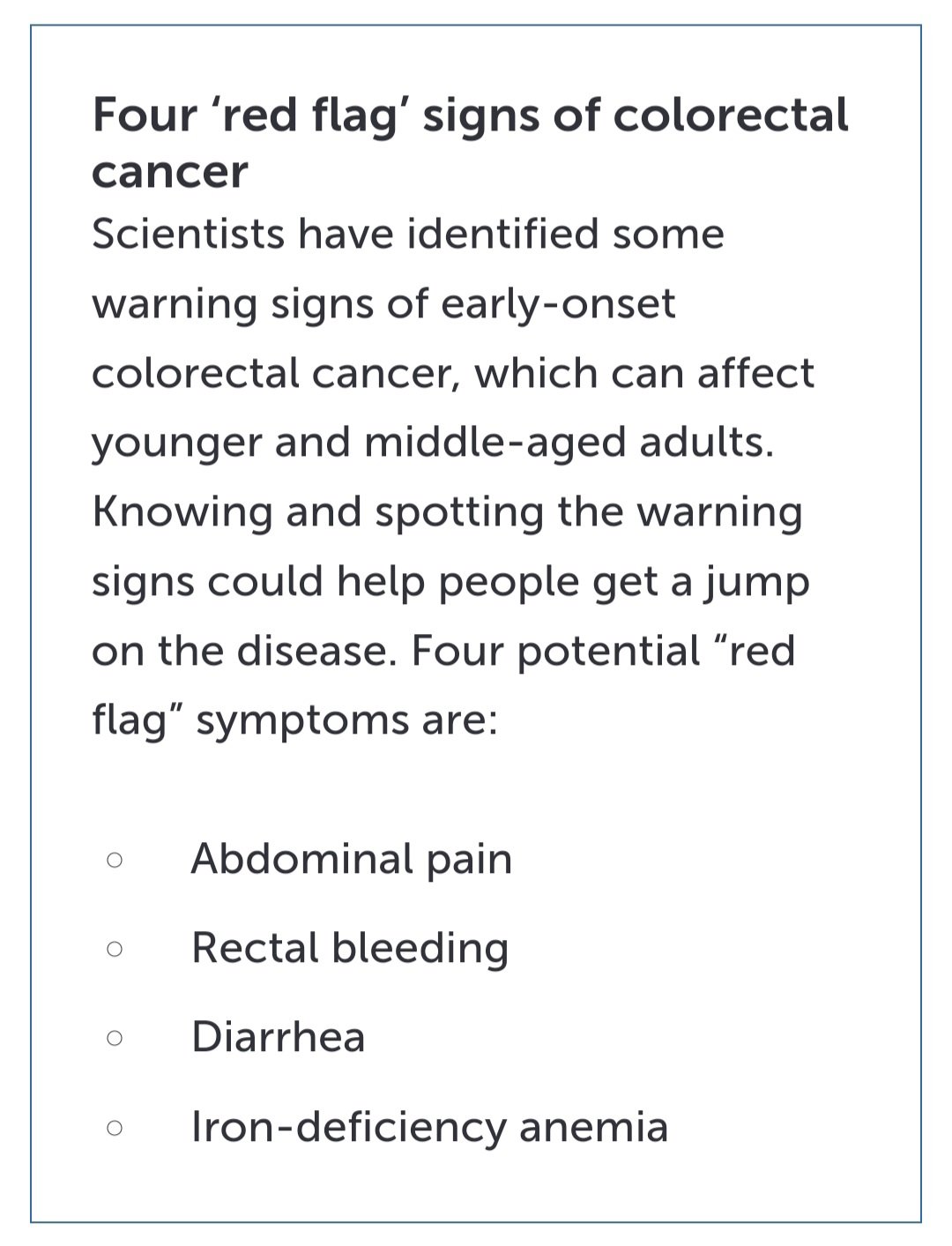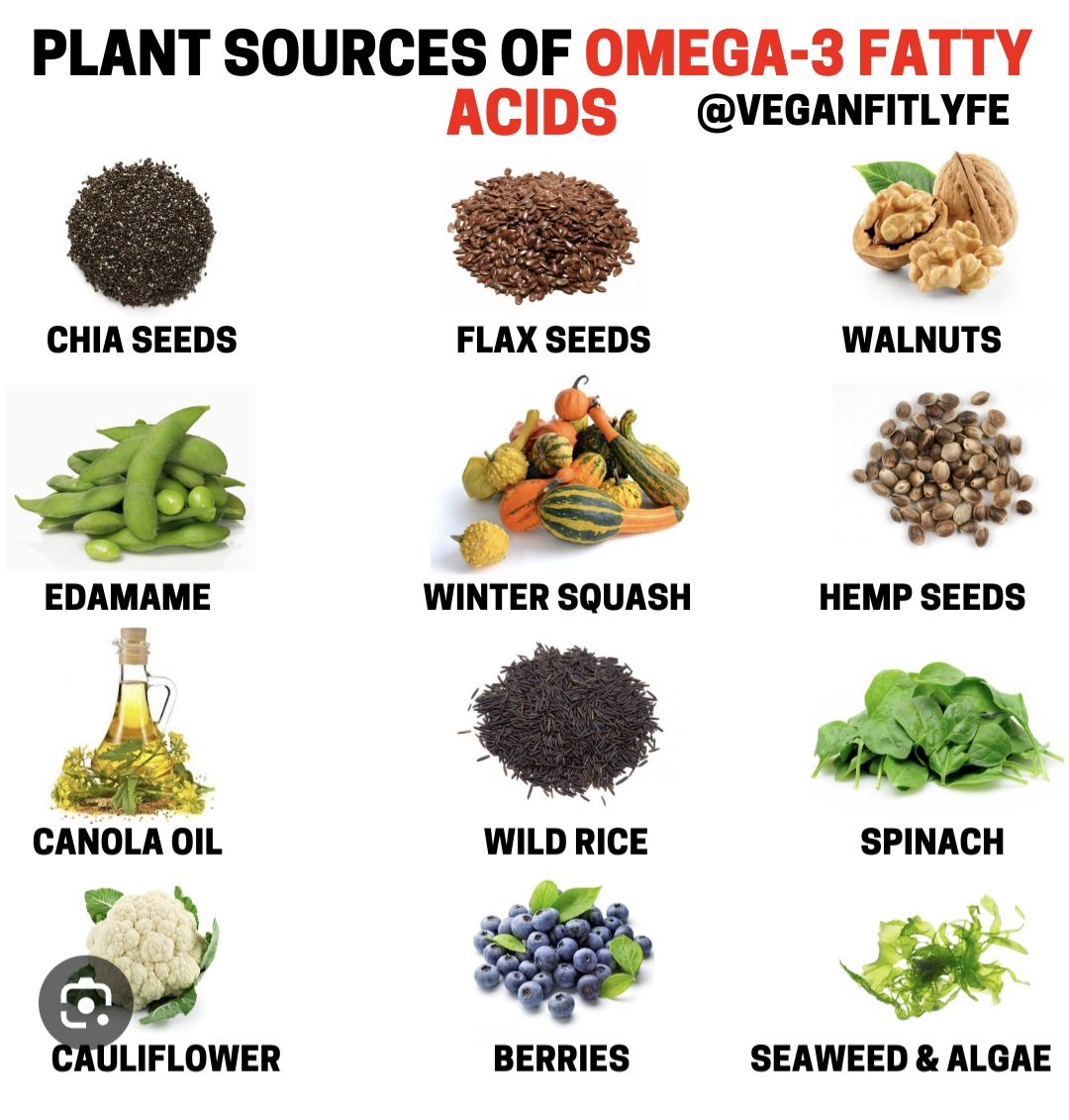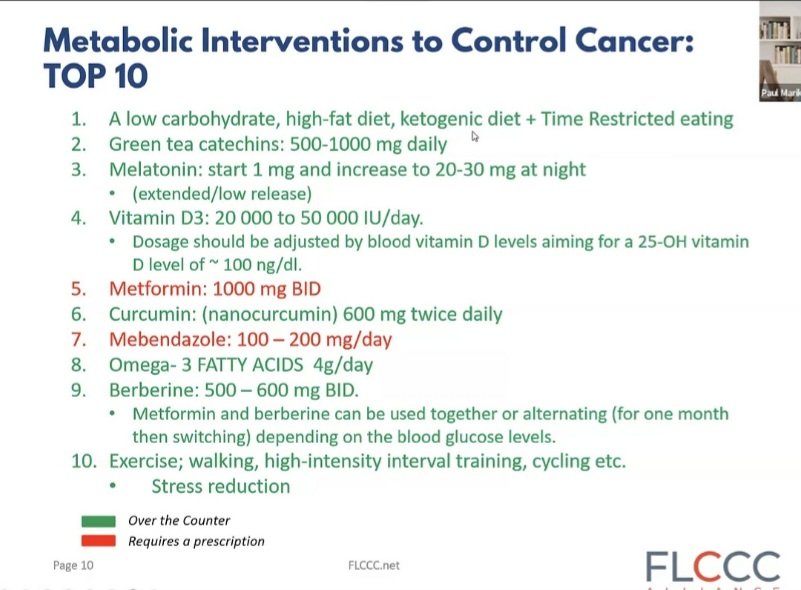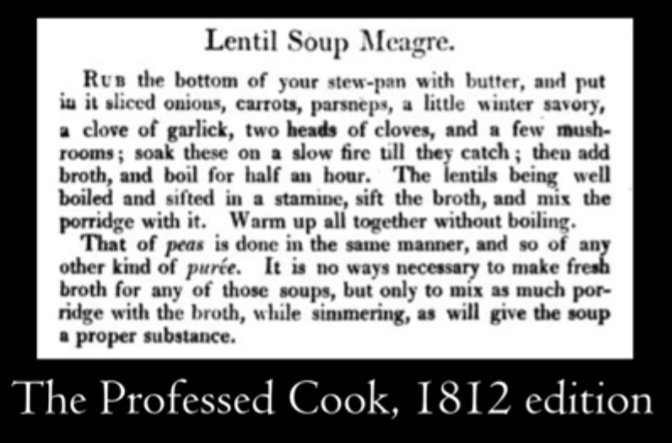“It is simply no longer possible to believe much of the clinical research that is published, or to rely on the judgment of trusted physicians or authoritative medical guidelines. I take no pleasure in this conclusion, which I reached slowly and reluctantly over my two decades as an editor of the New England Journal of Medicine.” –Marcia Angell, M.D.
“The case against science is straightforward: much of the scientific literature, perhaps half, may simply be untrue. Afflicted by studies with small sample sizes, tiny effects, invalid exploratory analyses, and flagrant conflicts of interest, together with an obsession for pursuing fashionable trends of dubious importance, science has taken a turn towards darkness.” –Richard Horton, Editor-in-Chief, The Lancet
Vinay Prasad, MD MPH; Physician & Professor
Hematologist/ Oncologist
Professor of Epidemiology, Biostatistics and Medicine
Author of 450+ Peer Reviewed papers, 2 Books, 2 Podcasts, 100+ op-eds.
